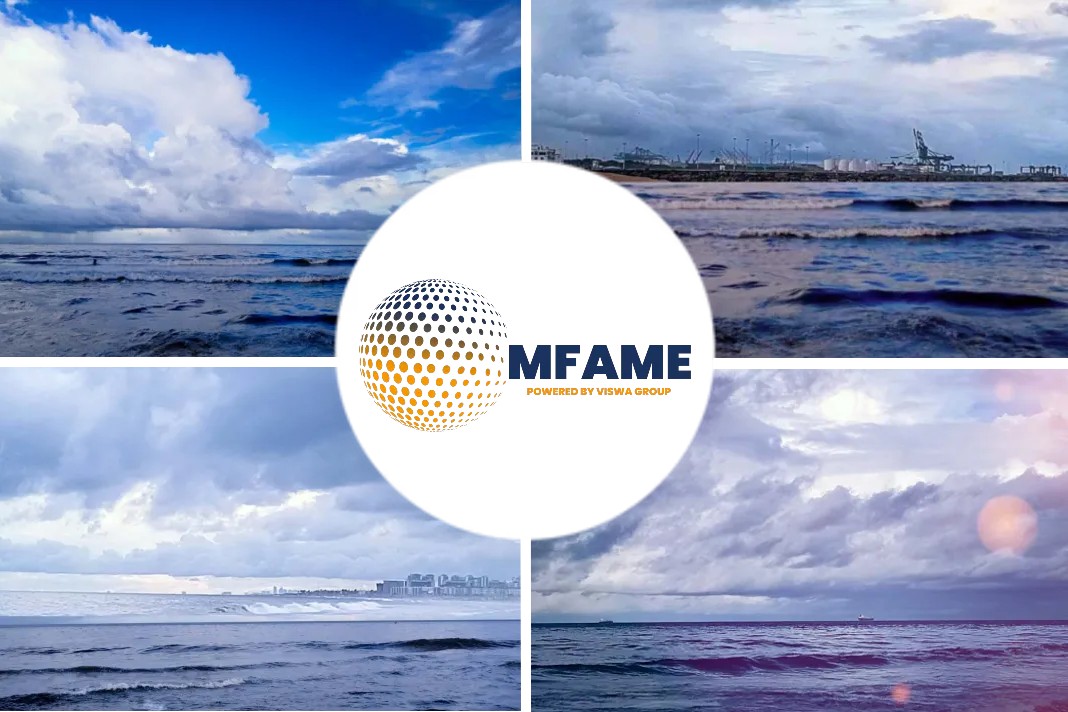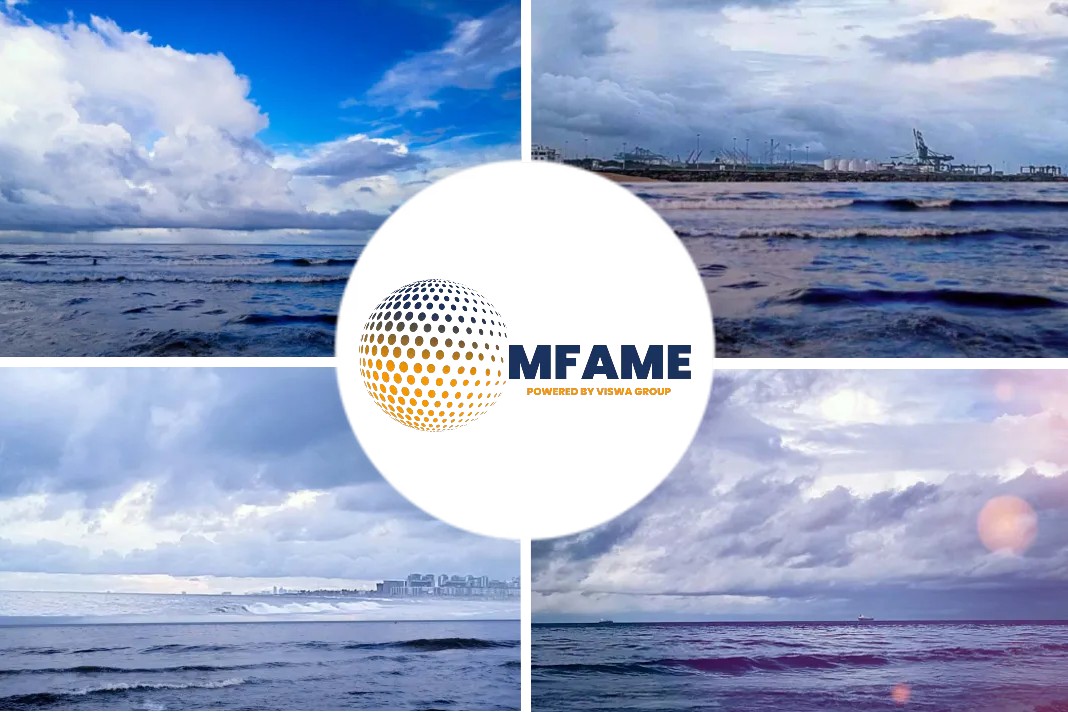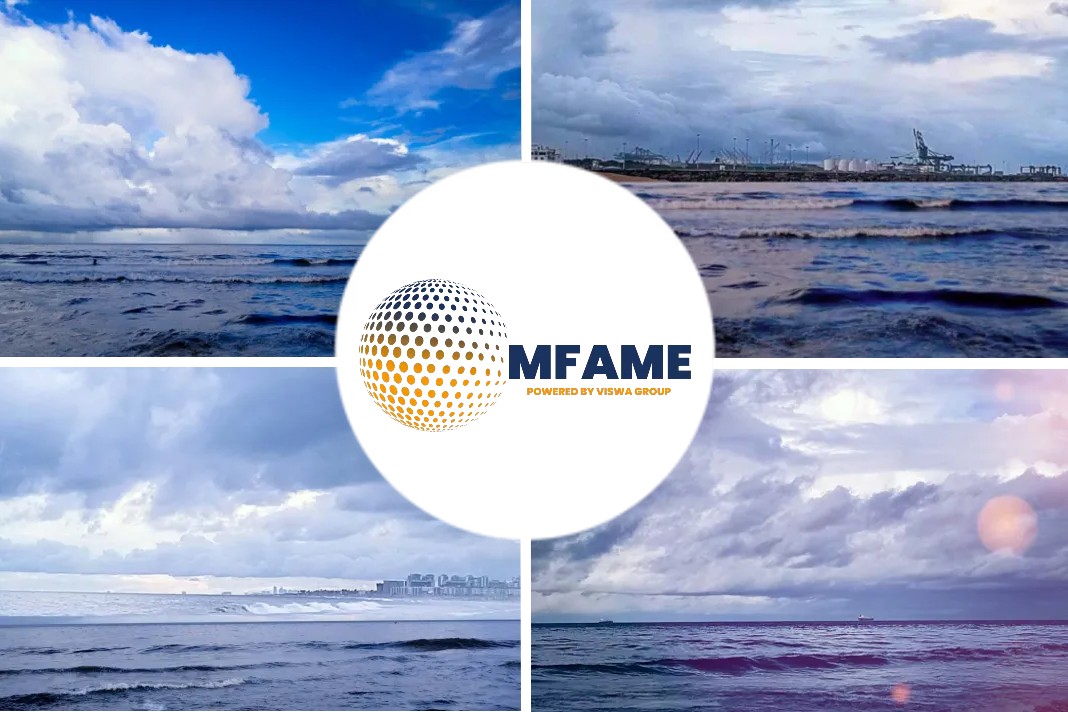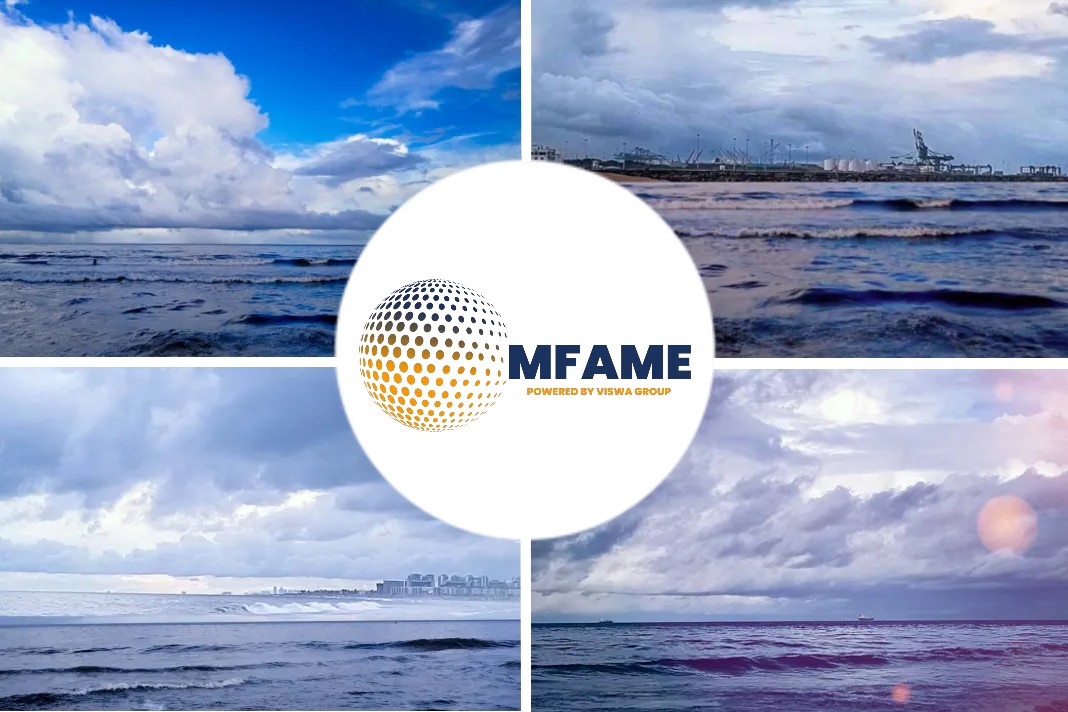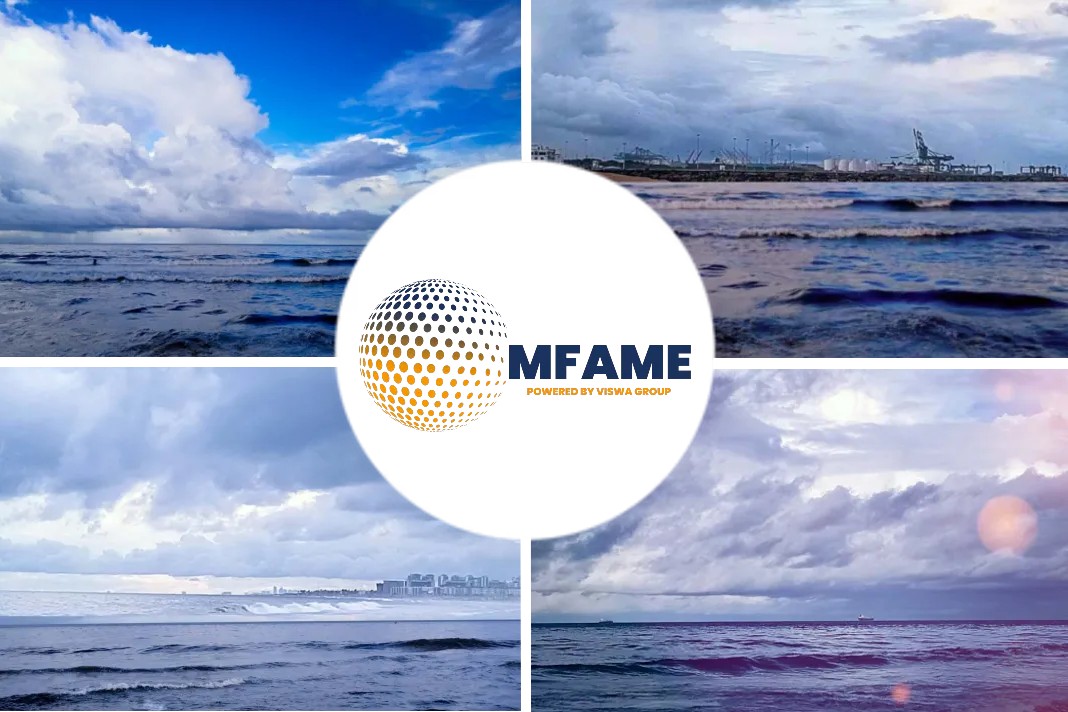- Euronav has filled up the world’s largest oil tanker with compliant fuel.
- Meeting a substantial portion of its entire fleet’s needs for 2020.
- Suppliers of compliant fuel abound as the predicted market mayhem appears far fetched.
From 1 January 2020, the International Maritime Organization will limit the sulfur in fuel oil used on board ships operating outside designated emission control areas to 0.50% m/m (mass by mass), from 3.50% m/m. Of total global air emissions, shipping accounts for 9 percent of the sulfur oxides and amidst this Euronav has announced that they will be enough Compliant Fuel, reports Seeking Alpha.
Euronav Fuel Availability Prediction
When there’s a perceived profit opportunity in the oil business, you can count on the industry to supply more than enough product. And that appears to be how the market is shaping up for IMO 2020.
Euronav (EURN) analyzed the market in 2018 and concluded that insufficient volumes of LSFO would lead to price spikes and volatility.
But in its latest conference call on the subject on September 5, 2019, it changed its conclusion to “sufficient LSFO supply should lead to price stability.”
Oil Majors LSFO Plan
In fact, all oil majors have announced plans to make low sulfur fuel oil (LSFO 0.5%) available worldwide. And more companies are entering the Singapore maritime fuel market looking for opportunities. Petrobras (NYSE:PBR) and Mitsui have confirmed they plan to expand their fuel activities in Singapore, the world’s largest bunkering port. Freepoint Commodities and Marubeni Corporation were cited as entering the market.
Capitalising on Compliant Fuels
“People are capitalizing on the compliant fuels business, especially those who have been traditionally strong in low sulfur fuel oil production,” another bunker trader told Platts. “As of August 1, all 199 licensed bunker tankers for supply of fuel to ocean-going vessels have been fitted with calibrated mass flow meters and can supply various blends of compliant fuels,” a spokesperson at the Maritime and Port Authority of Singapore, according to Platts.
Euronav’s Scrubbers Call
Regarding the option to install scrubbers to use high sulfur fuel, Euronav chief executive officer Hugo de Stoop said on the conference call:
“We don’t want to do a speculative investment. If it turns out that the spread is narrow and the curves show it will be narrow for a long time, it’s probably not necessary to do any scrubber retrofits.”
Oceania – Euronav Deal
Euronav previously announced that it has filled its ULCC Oceania, the world’s largest oil tanker, with compliant fuel in the Mediterranean Sea and sent it to Singapore to provide the fuel to its fleet. It has further disclosed that it has purchased a “substantial part” of its total fuel requirements for 2020.
Protecting VLCCs?
“The part of the fleet we’re trying to protect (from IMO 2020 volatility) is the VLCCs, and most of them pass through the Singapore area. We have 42 VLCCs, and of those, five are on time charters (which require the charterer, not the vessel interest, to buy fuel). We’re not looking to cover the entire year and some of the ships will need to bunker (buy fuel) on the other side of the world – you don’t always have a choice on where you fill up your ship.”
New Suppliers Pushing It
And new suppliers in the market are popping up. For example, GCC Bunkers (private equity financed) recently announced that its Texas International Terminals division will supply 50,000 b/d of compliant fuels. “Our mission from the day we started GCC has been to provide solutions to our customers. Now, more than ever, the marine fuel supply business needs to provide absolute assurance of quality and reliability to its customers, and that is what we intend to do,” said GCC Bunkers’ Commercial Director, Zach Stansbury.
Euronav Well Prepared?
Phillip K. Verleger has predicted oil prices could rise to $200/b as a result of the regulation, causing an “economic collapse.” Daniel Yergin has predicted an “IMO 2020 scramble.” He said that IMO 2020 represents a “big change” which “won’t go smoothly.”
Euronav is well prepared to provide the compliant fuel to its fleet for 2020. And based on their information, and that from other sources, it appears that the market will be well supplied. Prior predictions of oil price spikes sending the economy into the worst depression ever appear to be far fetched.
If it turns out that the spread between the high and low sulfur fuel is not large, as it currently seems to be, then EURN made the correct decision not retrofitting with scrubbers and will be more price competitive. On either case, they are covered for much of 2020 and their risk to the effect of the new regulations is low.
Did you subscribe to our daily newsletter?
It’s Free! Click here to Subscribe!
Source: SeekingAlpha






